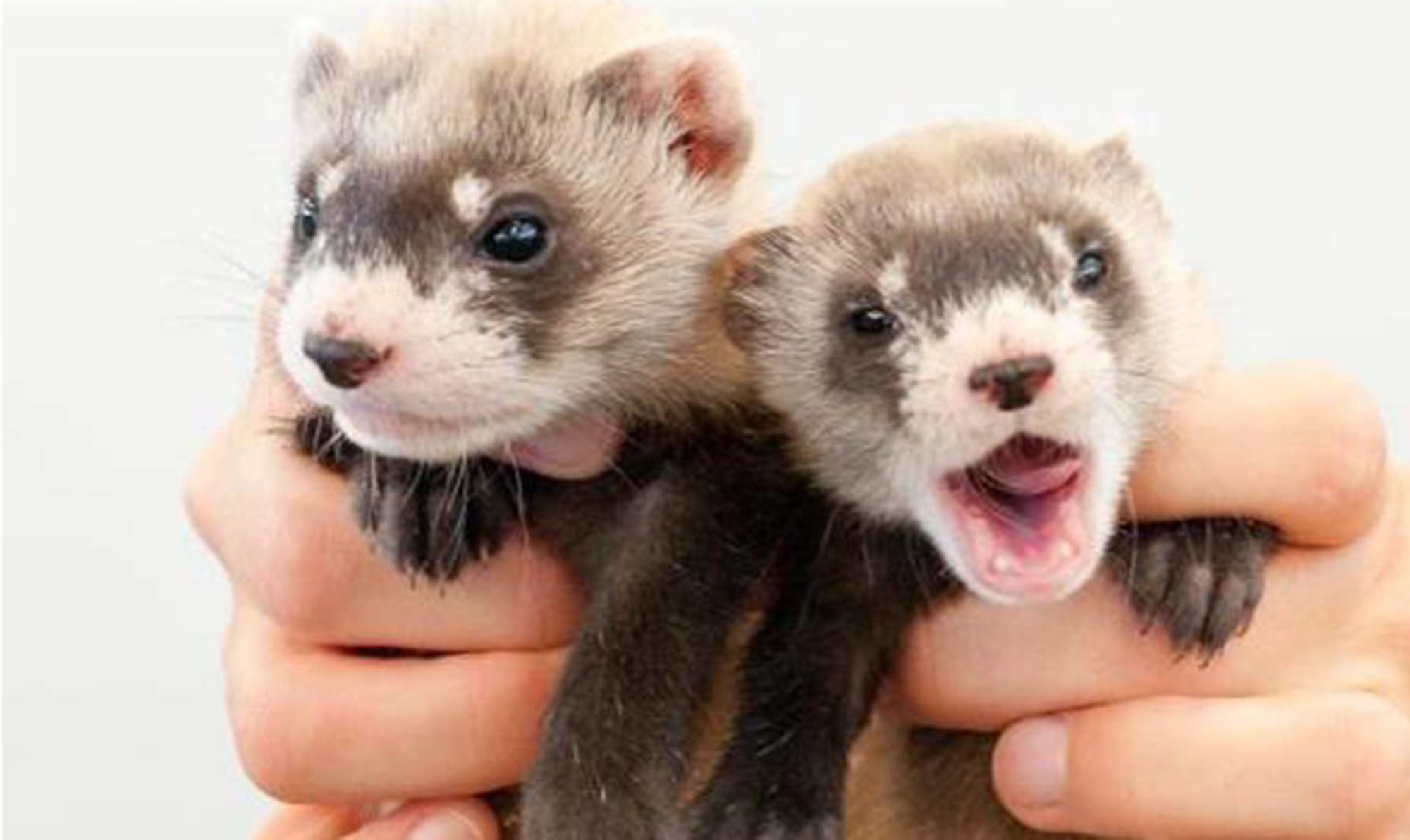
If you already have a ferret or plan on getting one, it is very important to understand their health needs. Their well-being depends on your care and patience. Ferrets are unlike any other animal when it comes to their health (good resource). They need special supervision. Cats and dogs can roam around the house. With ferrets you need to keep your eyes on them because their systems are built differently and need special attention. Ferrets do not display their symptoms when a health issue first arises. They normally don’t show signs of disease until after the problem has progressed. This makes it very important that you keep your eye on them.
The Human Flu
Ferrets have the ability to transmit the human flu. So if either you or your ferret has the flu you need to take the proper precautions not to spread. Do not breathe on your ferret and make sure to always wash your hand before and after interaction.
The Unique Issue
If you get your favorite companion while it is still young it is very common for it to have a prolapsed rectum. This usually occurs when the ferret has been fed hard food. This problem usually fixes itself. You can apply a medication to help sooth your ferret. If the rectum does not recede on its own or looks infected you need to take your pet to the vet immediately.
Revitalize Their Body Fluids
When ferrets get sick they can get worse very quickly. If you believe your ferret has become dehydrated put some electrolyte solution in their water, this will help keep their body fluids up. When a ferret is sick it is very important to provide them with the right nutrients or additional health problems will occur. You can also feed them through a syringe. Sometimes they will refuse to eat, but you have to make sure they are getting enough nutrients.
How to feed your ferret with a syringe:
- Use 35 cc (volume)
- Get the tip of the syringe in the corner of the ferrets mouth
- Slowly release the food, be careful not to choke your pet
- If your ferret does not want to eat on its own you will need to feed them 25-35 cc every 3 to 4 hours a day.
The Beloved Fur Balls

Unlike cats, ferrets don’t have the ability to cough up their own fur balls. If your small pet is having a hard time passing them on their own then you will need to give laxative on a weekly basis to help with the accumulation in their system.
Signs they is an accumulation in their system:
- Pencil thin poop
- Not pooping at all
- Not eating at all
This can be life threatening so do not hesitate to take your ferret to the vet.
Ferrets Can Get Adrenal Disease Too?
The answer to that questions is yes. Within 3 to 4 years of like your ferret can obtain insulinoma or adrenal disease. For this your pet needs to be routinely tested annually with a blood glucose test and an adrenal panel.
Important health facts:
- Rectal temp: 100-104
- Respiration: 180-250 bpm
- Heart rate: 33-36 per min
- Urine Ph: 6.5-7.5
Make sure you are ready for the responsibility to take care of a ferret pet because. They constantly need to be supervised. The better you take care of them the less trips to vet you will have. Ferrets are sensitive animals and need to be treated with love and care.
